
Francistown: Botswana's Historic Gem
Francistown, located in northeastern Botswana, is a city that beautifully blends history with modernity. Known as the country's oldest town, it was once a bustling center during the gold rush of the late 19th century. Today, it stands as a vibrant hub with a rich cultural tapestry. Explore the remnants of its mining past at the Supa Ngwao Museum, where you can delve into artifacts and exhibits that showcase the city's evolution. For nature lovers, the Tachila Nature Reserve offers a serene escape with opportunities for wildlife spotting and hiking. The city's welcoming atmosphere is complemented by its lively markets, where you can experience local crafts and cuisine. The Domboshaba ruins, a short drive from the city, provide a fascinating glimpse into ancient civilizations that once thrived in the area. Whether you're a history buff, a nature enthusiast, or simply seeking a unique cultural experience, Francistown has something to offer every traveler.
Local tips in Francistown
- Visit the Supa Ngwao Museum to learn about the city's mining history and cultural heritage.
- Spend a day at the Tachila Nature Reserve for wildlife viewing and hiking trails.
- Explore the bustling local markets for unique crafts and traditional cuisine.
- Take a short trip to the Domboshaba ruins for an insight into ancient civilizations.
- Try to visit during the annual Francistown Marathon for a festive atmosphere and community spirit.
Francistown: Botswana's Historic Gem
Francistown, located in northeastern Botswana, is a city that beautifully blends history with modernity. Known as the country's oldest town, it was once a bustling center during the gold rush of the late 19th century. Today, it stands as a vibrant hub with a rich cultural tapestry. Explore the remnants of its mining past at the Supa Ngwao Museum, where you can delve into artifacts and exhibits that showcase the city's evolution. For nature lovers, the Tachila Nature Reserve offers a serene escape with opportunities for wildlife spotting and hiking. The city's welcoming atmosphere is complemented by its lively markets, where you can experience local crafts and cuisine. The Domboshaba ruins, a short drive from the city, provide a fascinating glimpse into ancient civilizations that once thrived in the area. Whether you're a history buff, a nature enthusiast, or simply seeking a unique cultural experience, Francistown has something to offer every traveler.
When is the best time to go to Francistown?
Iconic landmarks you can’t miss
Cresta Thapama
Experience comfort and convenience at Cresta Thapama Hotel, your ideal base for exploring Francistown and Northern Botswana.

Cresta Marang Gardens
Escape to Cresta Marang Gardens in Francistown: Lush gardens, comfortable rooms, and a tranquil riverside setting await your Botswana adventure.

Adansonia Hotel
A comfortable and convenient hotel in Francistown, offering modern amenities and a relaxing atmosphere for business and leisure travelers.

Diggers Inn
Experience comfort and convenience at Diggers Inn, your ideal base for exploring Francistown and northern Botswana.

Woodlands Stop Over and Lodge
Experience tranquility and history at Woodlands Stop Over and Lodge, your ideal gateway to northern Botswana's natural wonders.
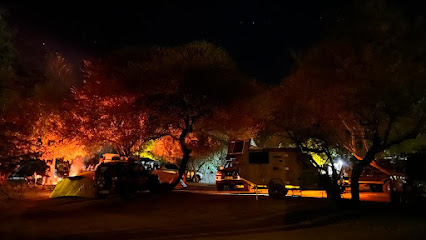
Tati River Lodge
Escape to Tati River Lodge: A blend of comfort, nature, and tranquility near Francistown, perfect for relaxation and events.

Thorn Tree
Experience Botswana's flavors at Thorn Tree Restaurant in Francistown, offering quality coffee, diverse dishes, and a welcoming atmosphere for all.
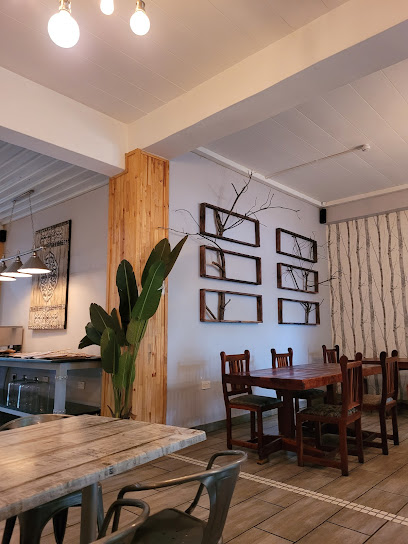
Francistown Bus Rank
Experience the heart of Botswana at Francistown Bus Rank, your gateway to exploring the northern region and beyond.
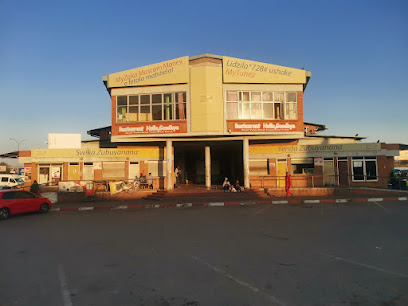
Nkgwana Park
Escape to Francistown's tranquil heart: Nkgwana Park, where nature meets community in a serene urban oasis.
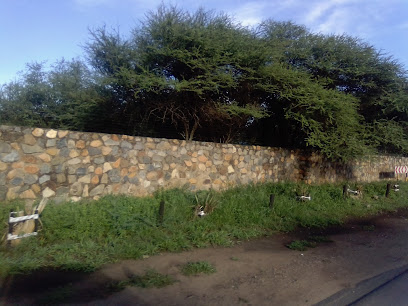
Supa Ngwao Museum
Explore the history and culture of Francistown and northeastern Botswana at the Supa Ngwao Museum.
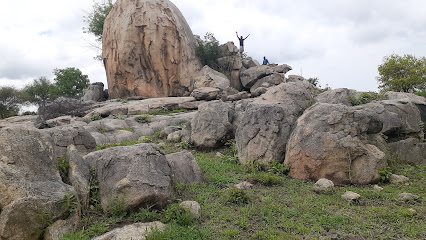
Riverside Deck
Escape to Francistown's Riverside Deck: A serene garden oasis for nature lovers and those seeking tranquility by the water.
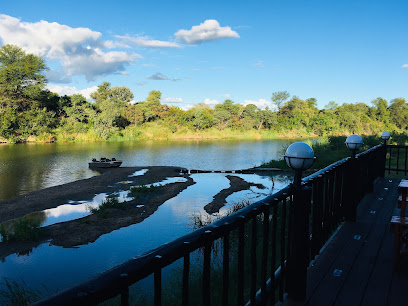
Green House B&B
A charming Francistown B&B offering comfortable stays, local hospitality, and a convenient location for exploring northern Botswana.
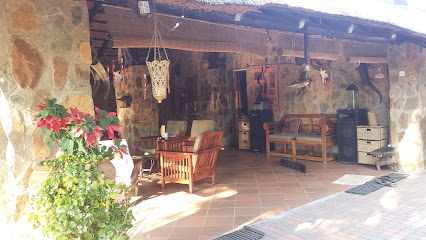
Dumela Lodge & Campsite
Escape to Dumela Lodge & Campsite in Francistown: a tranquil retreat with safari-style accommodations, local cuisine, and a refreshing pool.

Lee Bed & Breakfast
Experience the warmth and hospitality of Lee Bed & Breakfast, your cozy retreat in Francistown, Botswana, offering comfort and local charm for every traveler.
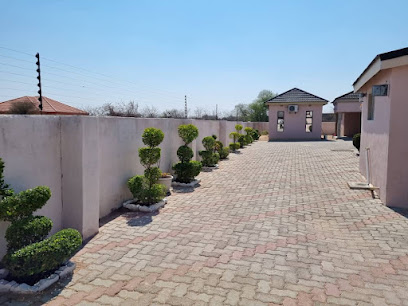
Something Special
Explore the enchanting floral offerings at Something Special, the premier florist in Francistown, Botswana, perfect for all occasions and gifts.
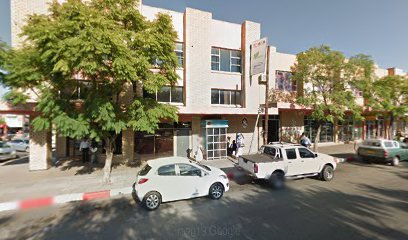
Unmissable attractions to see
Woodlands Stop Over and Lodge
A historic and tranquil stopover near Francistown, offering diverse lodging, birdwatching, and a peaceful escape on the original Hunters' Road.
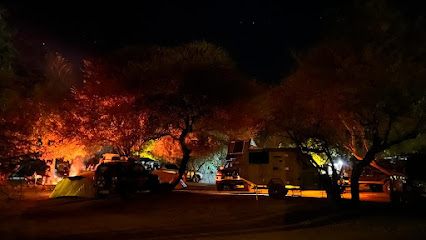
Nkgwana Park
Escape to Nkgwana Park in Francistown: A serene oasis offering relaxation, recreation, and a connection with nature.
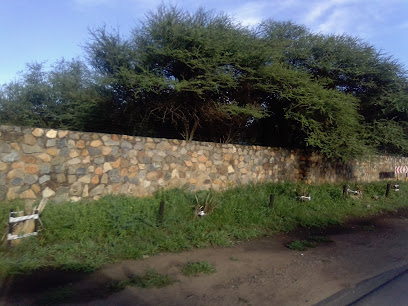
Supa Ngwao Museum
Explore the cultural heritage of northeastern Botswana at the Supa Ngwao Museum in Francistown. Discover history, traditions, and local crafts.
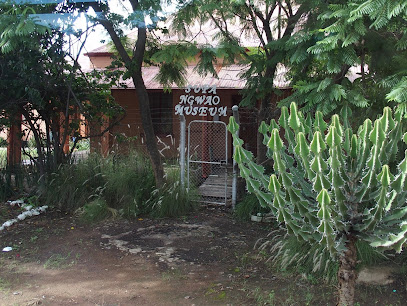
Riverside Deck
Escape to Francistown's serene Riverside Deck, a tranquil garden oasis offering natural beauty and peaceful relaxation.
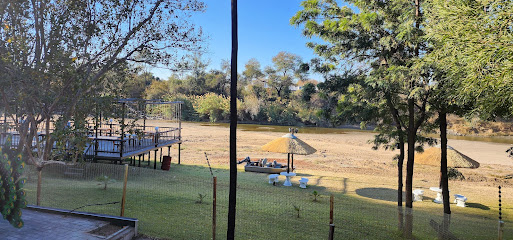
Central Park
Escape to Francistown's Central Park: A green oasis offering tranquility, recreation, and a touch of local culture in the city's heart.
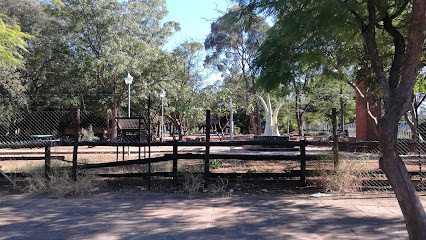
Tachila Nature Reserve
Discover Botswana's wildlife and natural beauty at Tachila Nature Reserve near Francistown, a community-driven conservation project.

Nyangabwe Hill
Hike to panoramic views, explore local history, and discover the natural beauty of Francistown from the iconic Nyangabwe Hill.
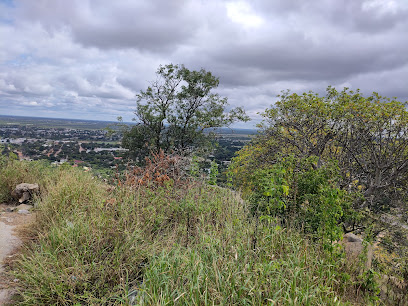
Gethsemane Sparkling Garden
Discover tranquility at Gethsemane Sparkling Garden in Tati Siding, Botswana – a serene escape into nature's beauty and a celebration of local culture.

Essential places to dine
Nando's Francistown Galo
Discover the vibrant flavors of flame-grilled peri-peri chicken at Nando's Francistown Galo - your go-to spot for family-friendly dining.
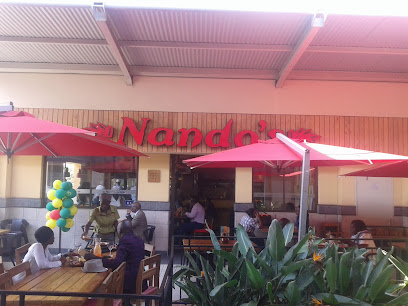
Nando's Francistown Marang
Experience the vibrant flavors of Portuguese cuisine at Nando's Francistown Marang - perfect for families and fast food lovers!
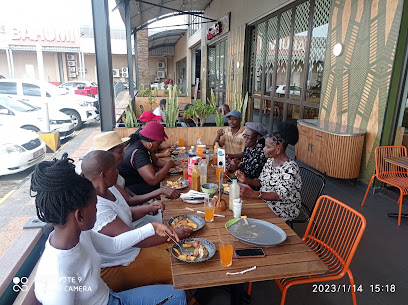
Golden Hills Spur
Experience the best of African cuisine at Golden Hills Spur - where delicious steaks meet family-friendly dining in Francistown.
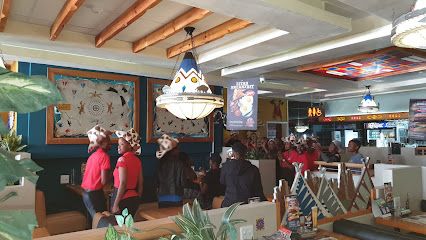
Wimpy
Experience family-friendly dining at Wimpy in Francistown – where delicious fast food meets warm hospitality.
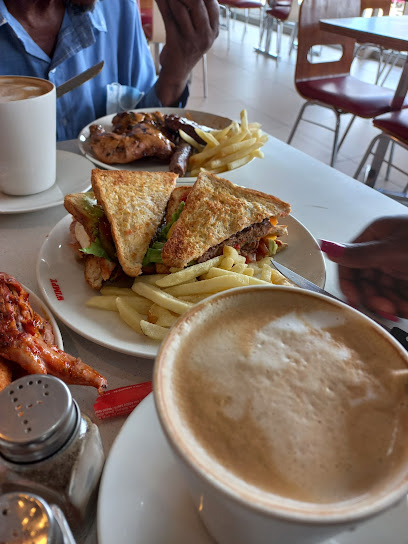
KFC Francistown
Experience iconic fast food at KFC Francistown – a must-visit spot for tourists craving delicious fried chicken in Botswana's vibrant city.
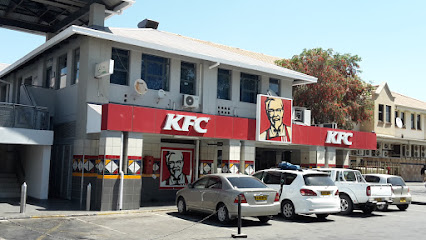
Tandurei
Experience the vibrant flavors of Botswana at Tandurei in Francistown - where tradition meets modern dining.
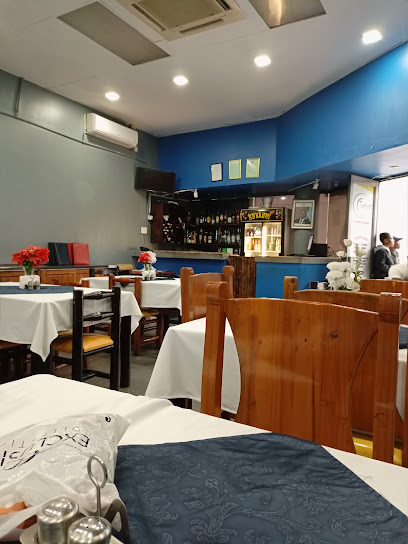
KFC Somerset
Indulge in mouthwatering fried chicken at KFC Somerset - your go-to restaurant in Francistown for fast food delights.
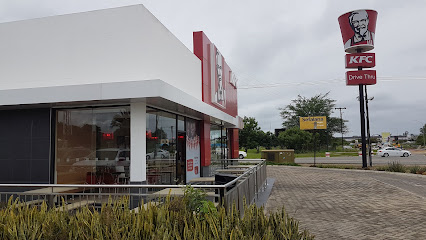
Roots of Africa
Discover the vibrant flavors of Botswana at Roots of Africa - where culinary tradition meets contemporary dining in Francistown.
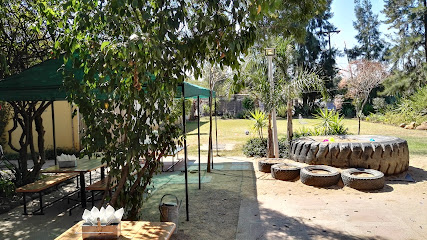
Thorn Tree
Discover the flavors of Botswana at Thorn Tree in Francistown—where local cuisine meets warm hospitality in a cozy atmosphere.
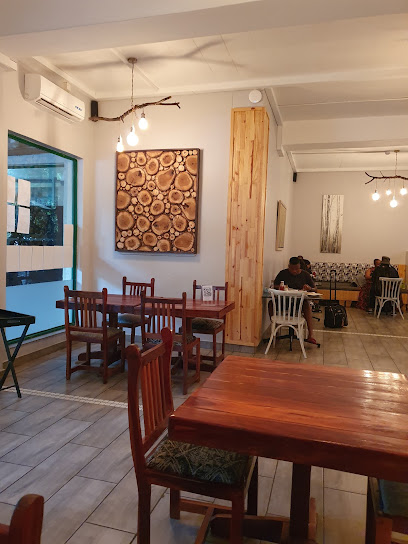
Barbara‘s Bistro
Experience the rich flavors and vibrant atmosphere at Barbara's Bistro in Francistown - where culinary tradition meets modern taste.
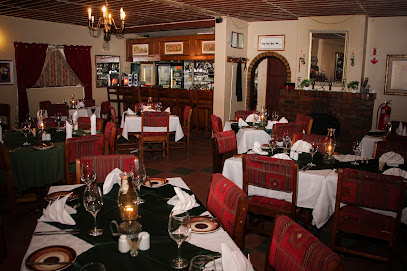
Revive Pitstop Cafe
Discover the flavors of Botswana at Revive Pitstop Cafe - where delicious meals meet local charm in Francistown.
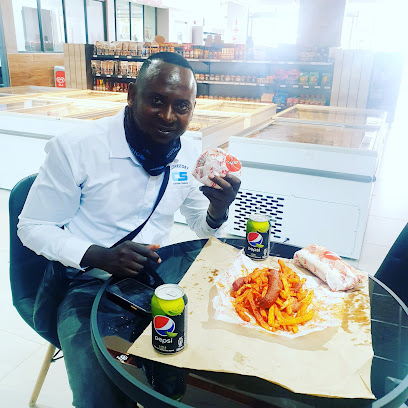
Debonairs Pizza
Experience mouthwatering pizzas at Debonairs Pizza in Francistown - perfect for casual dining or quick takeout!
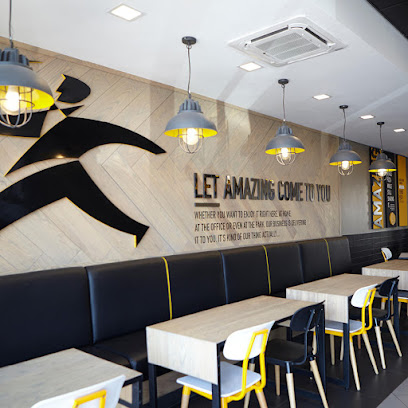
RocoMamas Toro
Experience the best burgers and barbecue at RocoMamas Toro in Francistown - where flavor meets fun!
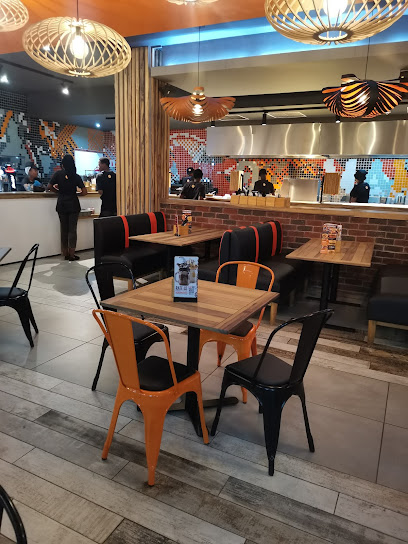
Steers
Experience the best of fast food at Steers in Francistown's Galo Shopping Center - delicious meals await!
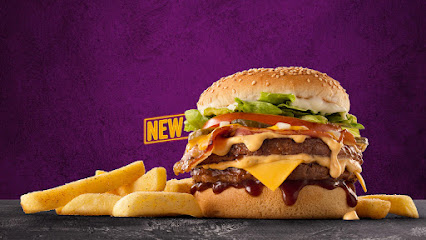
Milky Lane
Experience the joy of ice cream at Milky Lane in Francistown – where flavor meets fun in every scoop!
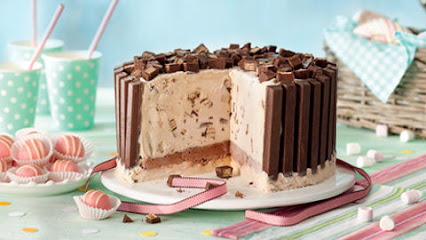
Markets, malls and hidden boutiques
Galo Mall
Explore Galo Mall in Francistown: A vibrant shopping hub with diverse retail, dining, and entertainment options for an unforgettable experience.
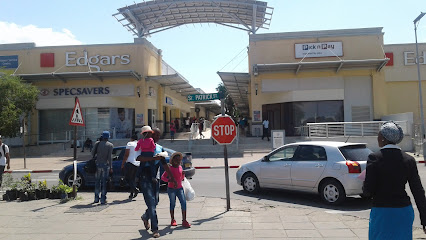
Shoprite Francistown
Discover the convenience and affordability of Shoprite Francistown, your ultimate shopping destination for local goods and essentials.
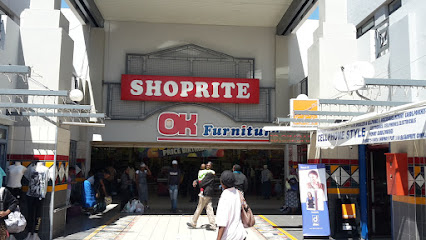
Game Francistown
Discover a diverse range of products at Game Francistown, your ultimate shopping destination in Botswana's vibrant retail scene.
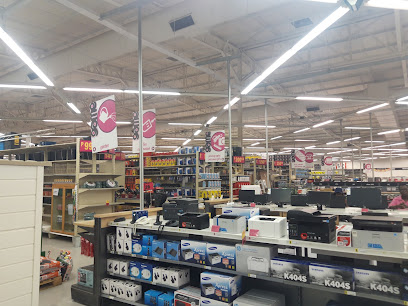
Nzano Centre
Discover the vibrant shopping scene at Nzano Centre, Francistown's premier destination for retail therapy, dining, and entertainment.
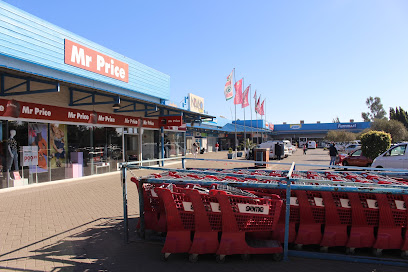
Pick n Pay Family Francistown 1
Experience the heart of Francistown at Pick n Pay Family, where local flavors and fresh produce come together in a friendly shopping atmosphere.
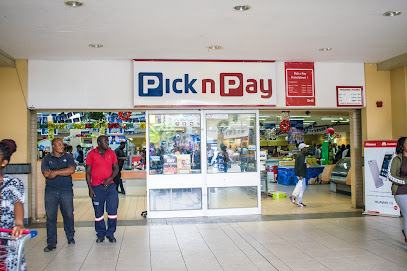
Nswazi Mall
Discover the lively Nswazi Mall in Francistown, where shopping meets local culture amidst a variety of stores and delicious dining options.
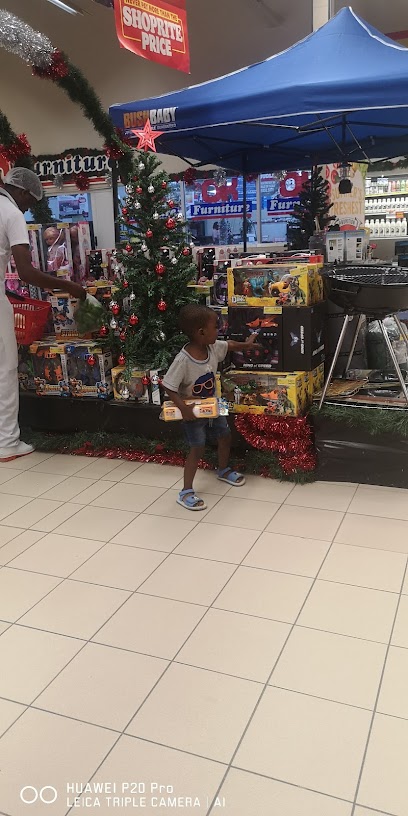
Pick n Pay Family Francistown Two
Explore Pick n Pay Family Francistown for a unique shopping experience with local and international products, perfect for every tourist's needs.
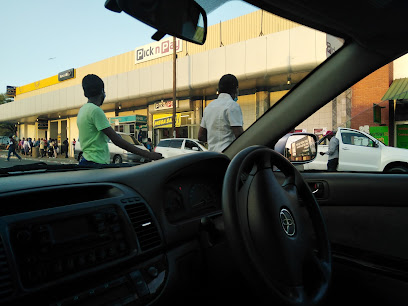
Choppies Supermarket Francistown
Discover the vibrant shopping experience at Choppies Supermarket in Francistown, Botswana – a blend of local culture, flavors, and affordability.
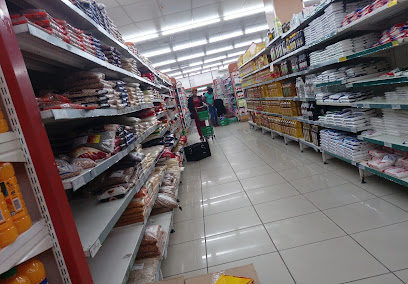
Loja Mall
Explore Loja Mall in Francistown for an unforgettable shopping and dining experience in Botswana's bustling retail scene.
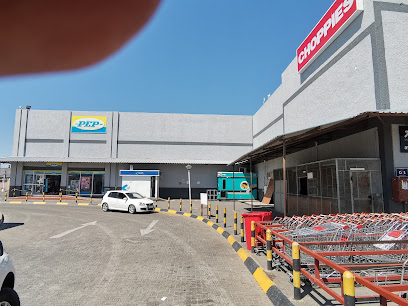
Choppies Superstore
Explore Choppies Superstore in Francistown for a diverse range of local and international products at your fingertips.
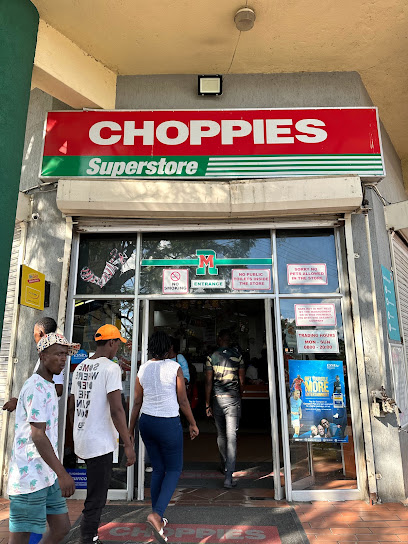
Usave Francistown
Explore Usave Francistown, a friendly grocery store that offers a wide selection of products for all your travel needs in Botswana.
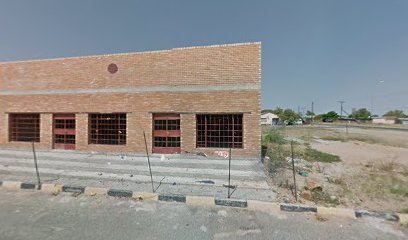
Grand Plaza
Explore Grand Plaza in Francistown, a vibrant shopping mall with diverse stores, dining options, and family-friendly entertainment.
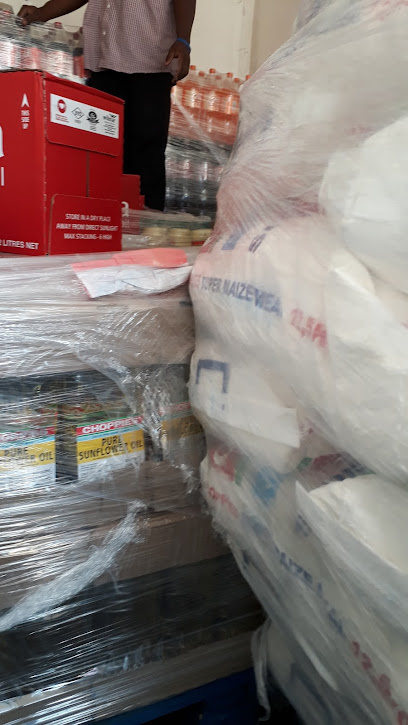
Mr Price / MRP
Discover stylish and affordable clothing for the whole family at Mr Price in Francistown, your go-to destination for fashion.
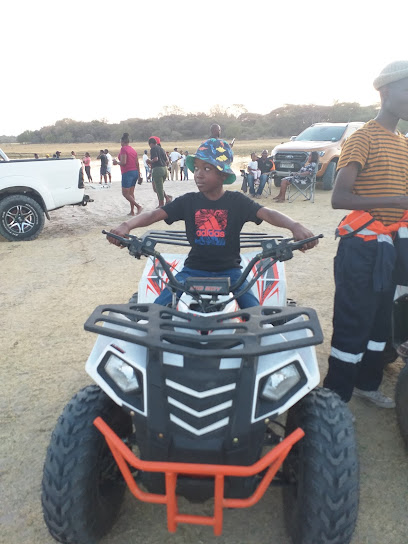
CNA FRANCISTOWN
Explore CNA Francistown for all your stationery needs, offering a diverse range of quality supplies in Botswana's bustling shopping hub.

ALL IN BLOOM - FLORIST & GIFT KIOSK
Discover the floral charm of Francistown at All in Bloom, your go-to florist for fresh flowers and unique gifts.
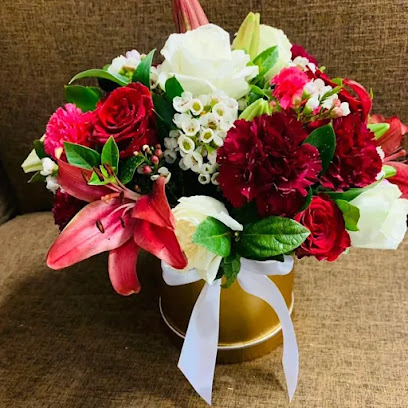
Essential bars & hidden hideouts
Nando's Francistown Galo
Discover the vibrant taste of peri-peri chicken at Nando's Francistown Galo, a top family-friendly dining spot in Botswana.
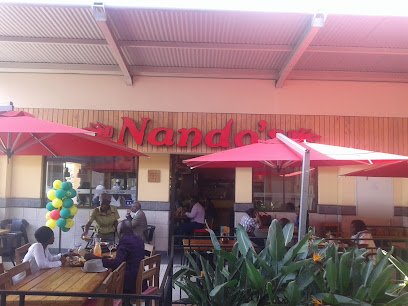
Nando's Francistown Marang
Experience the vibrant flavors of South African and Portuguese cuisine at Nando's Francistown Marang, where flame-grilled peri-peri chicken awaits.
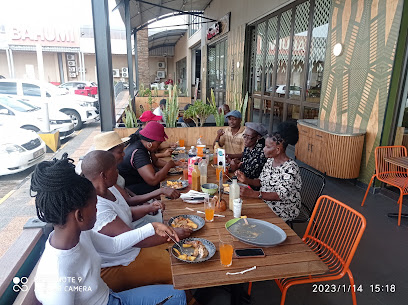
Golden Hills Spur
Savor the best of African and international cuisine at Golden Hills Spur, Francistown's premier steakhouse and family-friendly restaurant.
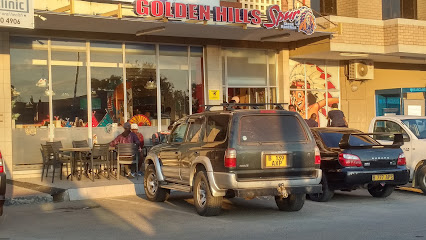
Roots of Africa
Discover the flavors of Botswana at Roots of Africa, where local dishes meet international cuisine in a vibrant atmosphere.
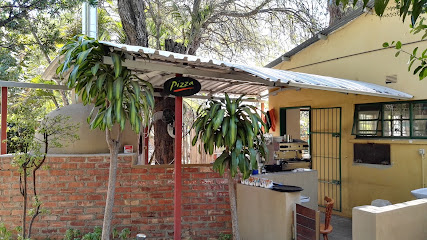
Thorn Tree
Experience the flavors of Botswana at Thorn Tree, a welcoming restaurant in Francistown offering authentic local cuisine and a vibrant atmosphere.
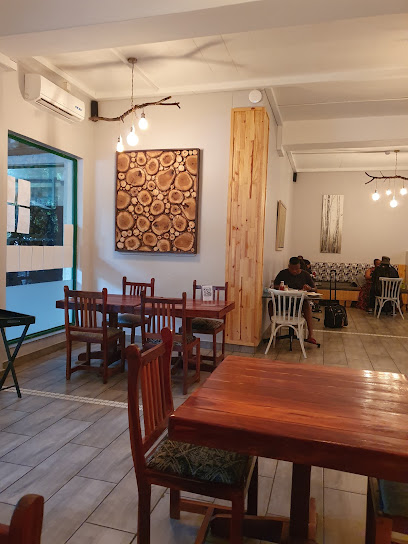
Barbara‘s Bistro
Discover the culinary delights of Francistown at Barbara’s Bistro, where local flavors and warm hospitality await you.
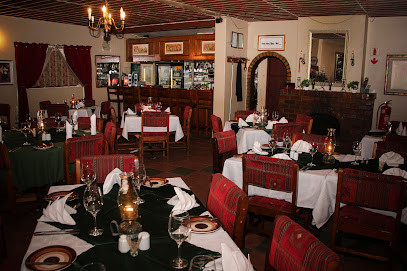
WATERHOLE
Experience the vibrant nightlife of Francistown at The Waterhole, a lively bar offering a great selection of drinks and entertainment.
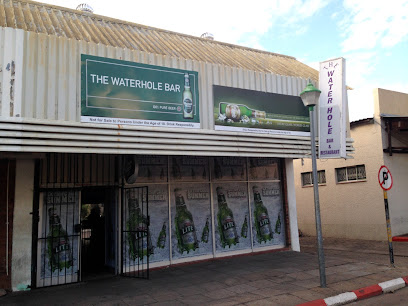
RocoMamas Toro
Savor the ultimate burger experience at RocoMamas Toro in Francistown, where quality meets flavor in a vibrant atmosphere.
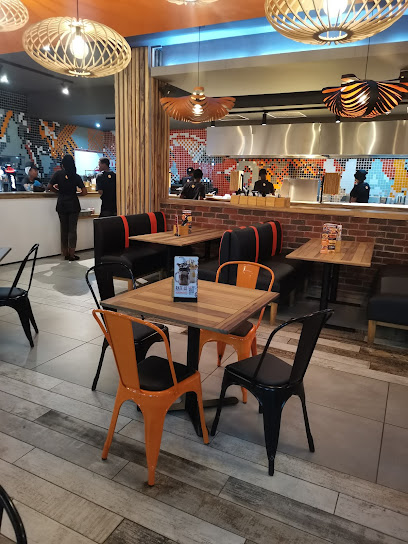
Brown's Sports Bar
Discover the lively charm of Brown's Sports Bar in Francistown, where locals and tourists come together over drinks and entertainment.
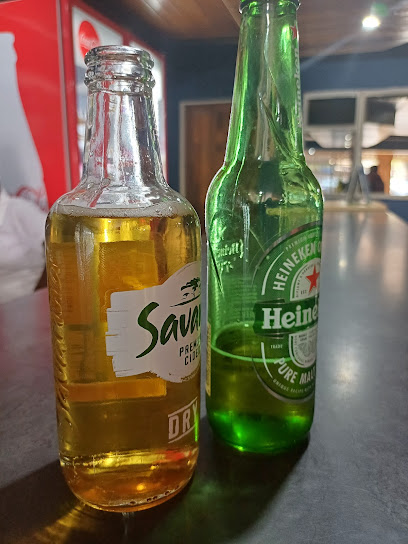
ET bar
Discover the vibrant nightlife at ET Bar in Francistown, a perfect place to unwind with friends and enjoy local drinks.
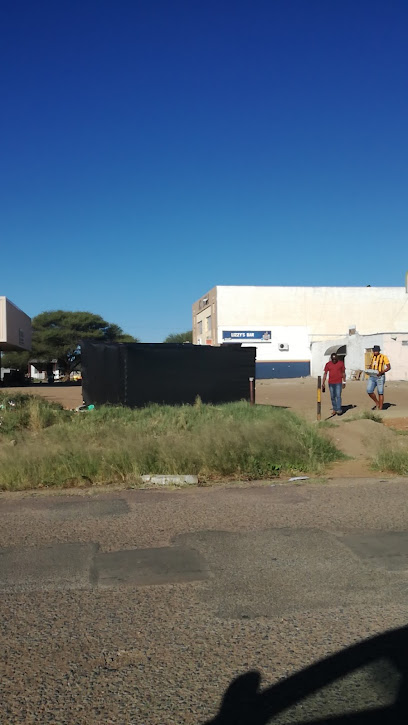
Lions Club
Experience the vibrant atmosphere of Lions Club in Francistown, a perfect blend of local culture and relaxation under refreshing shade.
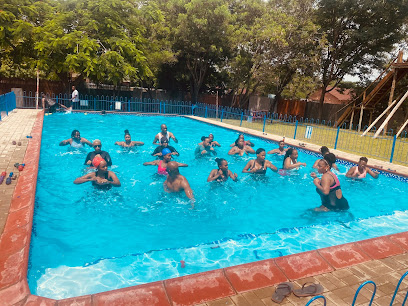
MMM Pub
Discover the lively charm of MMM Pub in Francistown, where great drinks and a friendly atmosphere await every visitor.
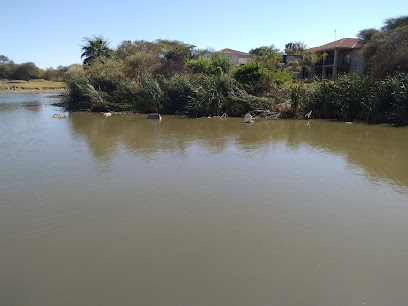
Area L bar’s
Discover the lively spirit of Francistown at Area L Bar, a must-visit social hub for drinks, music, and local culture.
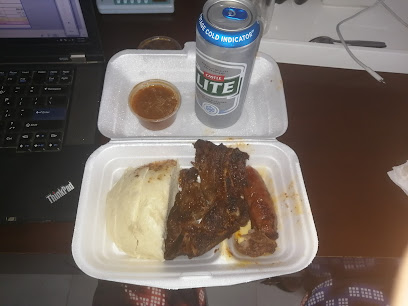
The Hyde Out Pub
Experience vibrant nightlife at The Hyde Out Pub, a lively bar in Francistown offering local drinks and entertainment.
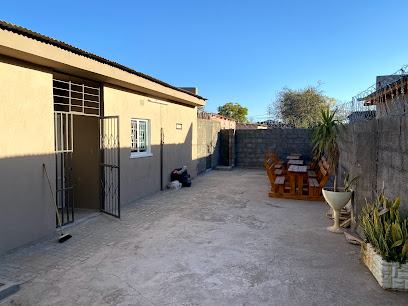
Local Phrases
-
- HelloDumela
[doo-MEH-lah] - GoodbyeSala sentle
[SAH-lah sen-tleh] - YesEe
[EE] - NoNnyaa
[NYAH] - Please/You're welcomeNtshwarele
[nt-SWA-reh-leh] - Thank youKealeboga
[keh-ah-leh-BOH-gah] - Excuse me/SorryPeleka
[peh-LEH-kah] - How are you?O kae?
[oh kah-eh] - Fine. And you?Ke gona. O kae?
[keh goh-nah. oh kah-eh] - Do you speak English?O bua se se Ingilishi?
[oh boo-ah seh seh een-gee-LEE-shee] - I don't understandGa ke itse
[gah keh eet-seh]
- HelloDumela
-
- I'd like to see the menu, pleaseKe kopa go bona setsebi, ka kopo
[keh koh-pah goh boh-nah set-SEH-bee, kah koh-poh] - I don't eat meatGa ke itse nyama
[gah keh eet-seh nyah-mah] - Cheers!Phuthu!
[poo-TOO] - I would like to pay, pleaseKe kopa go dirisa, ka kopo
[keh koh-pah goh dee-ree-sah, kah koh-poh]
- I'd like to see the menu, pleaseKe kopa go bona setsebi, ka kopo
-
- Help!Boitumelo!
[boy-too-MEH-loh] - Go away!Ie!
[ee-eh] - Call the Police!Bula Polasa!
[boo-lah poh-LAH-sah] - Call a doctor!Bula mofaladi!
[boo-lah moh-fah-LAH-dee] - I'm lostKe itumelelwe
[keh ee-too-meh-leh-loo-weh] - I'm illKe betshwara
[keh beh-choo-wah-rah]
- Help!Boitumelo!
-
- I'd like to buy...Ke kopa go rekela...
[keh koh-pah goh reh-keh-lah] - I'm just lookingKe kopa go bona fela
[keh koh-pah goh boh-nah feh-lah] - How much is it?E e leng?
[EH eh lehng] - That's too expensiveSe se fete ka nako
[seh seh feh-teh kah nah-koh] - Can you lower the price?O ka nna le go emisa sekgowa?
[oh kah nah leh goh eh-mee-sah seh-koh-wah]
- I'd like to buy...Ke kopa go rekela...
-
- What time is it?E nngwe le nngwe ke eng?
[eh nng-weh leh nng-weh keh ehng] - It's one o'clockKe ya nnyane
[keh yah nnyah-neh] - Half past (10)Letlha la ditlhapi (10)
[let-lah lah dee-tlah-pee (10)] - MorningBontsi
[boh-nt-see] - AfternoonBoitshepo
[boh-ee-tsheh-poh] - EveningLetelele
[leh-teh-leh-leh] - YesterdayNtwa
[nt-wah] - TodayNameng
[nah-mehng] - TomorrowLefatshe
[leh-fah-tsheh] - 1Mosome
[moh-soh-meh] - 2Ratwe
[raht-weh] - 3Lethathamo
[leh-thah-thah-moh] - 4Lefarona
[leh-fah-roh-nah] - 5Lefokotsane
[leh-foh-koh-tsa-neh] - 6Lefotwane
[leh-foh-twa-neh] - 7Lefhele
[leh-fheh-leh] - 8Lefoko
[leh-foh-koh] - 9Lefela
[leh-feh-lah] - 10Lesome
[leh-soh-meh]
- What time is it?E nngwe le nngwe ke eng?
-
- Where's a/the...?Kae e ne ya...?
[kah-eh eh neh yah] - What's the address?Ke eng mogala?
[keh ehng moh-gah-lah] - Can you show me (on the map)?O ka nna le go bona (ka map)?
[oh kah nah leh goh boh-nah (kah map)] - When's the next (bus)?Ke eng molaetsa o o tla a tswa?
[keh ehng moh-lah-eh-tsah oh oh tlah ah tswah] - A ticket (to ....)Tikete (go ....)
[tee-keh-teh goh]
- Where's a/the...?Kae e ne ya...?
History of Francistown
-
Francistown, one of Botswana's oldest towns, has a rich history that dates back to the late 19th century. The area was originally inhabited by the Bakalanga people, who settled here centuries ago and played a crucial role in the region's early development. The Bakalanga were known for their skills in agriculture, hunting, and iron smelting.
-
The discovery of gold in the 1860s marked a pivotal moment in the history of Francistown. European prospectors, including the town's namesake Daniel Francis, flocked to the area in search of fortune. The gold rush led to the establishment of several mines and the rapid development of the town as a mining hub.
-
During the colonial period, Francistown grew significantly under British rule. The town served as an important administrative and commercial center, benefiting from its strategic location near the Shashe River and the railway line connecting Bulawayo in Zimbabwe to South Africa. The colonial architecture from this era can still be seen in some of the town's historic buildings.
-
With Botswana's independence in 1966, Francistown continued to thrive. The town experienced substantial growth and modernization, becoming a key economic and cultural center in the northeastern region of the country. The establishment of various industries, including textiles and manufacturing, contributed to its economic diversification.
-
Francistown is a melting pot of cultures, reflecting its diverse history. The town is home to various ethnic groups, including the Kalanga, Ndebele, and Tswana, each contributing to the vibrant cultural tapestry. Traditional music, dance, and festivals are an integral part of life in Francistown, offering visitors a glimpse into the rich cultural heritage of the region.
-
Today, Francistown is a bustling urban center that seamlessly blends its historical roots with modern advancements. The town boasts modern infrastructure, educational institutions, and healthcare facilities. Despite its growth, Francistown remains deeply connected to its past, with numerous museums and cultural sites preserving its rich history for future generations.
Francistown Essentials
-
Francistown is accessible by air and road. The Francistown International Airport (FRW) offers flights from major cities in Botswana and some regional destinations. If you're traveling by road, Francistown is well-connected via the A1 highway from Gaborone, which is approximately 430 kilometers away. The journey by car or bus takes about 5-6 hours. Regular bus services also operate between Francistown and other major cities in Botswana.
-
In Francistown, public transportation options include minibuses, known locally as 'kombis,' and taxis. Kombis are the most economical way to travel around the city, while taxis are more convenient for direct routes. Car rental services are available for those who prefer to drive. Walking is also an option in the city center, where many attractions are within close proximity.
-
The official currency in Botswana is the Botswana Pula (BWP). Credit cards are widely accepted in hotels, restaurants, and larger shops. However, it's advisable to carry some cash for smaller establishments and markets. ATMs are readily available throughout Francistown, and most accept international cards.
-
Francistown is generally safe for tourists, but it's important to take standard precautions. Avoid walking alone at night in unfamiliar areas, and be cautious with your belongings in crowded places such as markets and bus stations. Areas with higher crime rates targeting tourists include the bus station area and some parts of the city center. Always stay vigilant and aware of your surroundings.
-
In case of an emergency, dial 999 for police assistance, 998 for an ambulance, and 997 for the fire department. Francistown has several medical facilities, including the Nyangabgwe Referral Hospital, which offers comprehensive medical services. It's recommended to have travel insurance that covers medical emergencies. Pharmacies are also available for minor health issues.
-
Fashion: Do dress modestly to respect local customs. Avoid wearing very revealing clothing. Religion: Do respect religious practices and places of worship. Remove your shoes and cover your head when entering mosques. Public Transport: Do be courteous and offer your seat to elderly passengers. Don't argue with drivers or conductors. Greetings: Do greet people with a handshake. It's customary to say 'Dumela' (hello) when meeting someone. Eating & Drinking: Do try local dishes and accept food offerings graciously. Don't eat or drink in public during Ramadan out of respect for those fasting.
-
To experience Francistown like a local, visit the bustling Francistown Market for fresh produce and traditional crafts. Engage with locals, who are generally friendly and willing to share stories about the city's history and culture. Don’t miss the Supa Ngwao Museum to learn about the region's heritage. For a unique experience, attend a local music or dance performance, which are often held in community centers or open spaces.
Trending Landmark in Francistown
Nearby Cities to Francistown
-
Things To Do in Selebi-Phikwe
-
Things To Do in Palapye
-
Things To Do in Serowe
-
Things To Do in Mahalapye
-
Things To Do in Gweru
-
Things To Do in Hwange
-
Things To Do in Polokwane
-
Things To Do in Masvingo
-
Things To Do in Victoria Falls
-
Things To Do in Livingstone
-
Things To Do in Molepolole
-
Things To Do in Gaborone
-
Things To Do in Maun
-
Things To Do in Kasane
-
Things To Do in Lobatse





